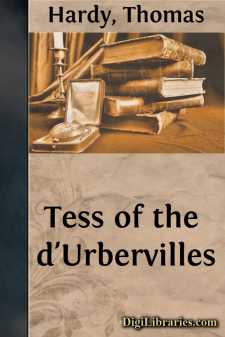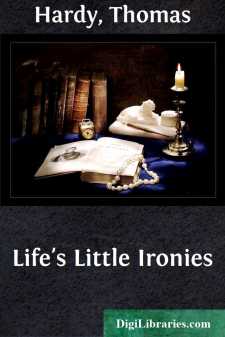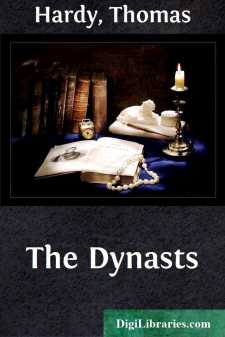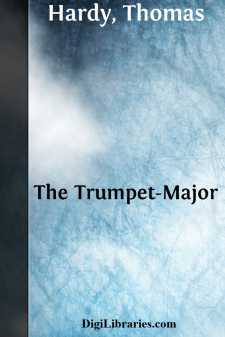Categories
- Antiques & Collectibles 13
- Architecture 36
- Art 48
- Bibles 22
- Biography & Autobiography 813
- Body, Mind & Spirit 142
- Business & Economics 28
- Children's Books 15
- Children's Fiction 12
- Computers 4
- Cooking 94
- Crafts & Hobbies 4
- Drama 346
- Education 46
- Family & Relationships 57
- Fiction 11828
- Games 19
- Gardening 17
- Health & Fitness 34
- History 1377
- House & Home 1
- Humor 147
- Juvenile Fiction 1873
- Juvenile Nonfiction 202
- Language Arts & Disciplines 88
- Law 16
- Literary Collections 686
- Literary Criticism 179
- Mathematics 13
- Medical 41
- Music 40
- Nature 179
- Non-Classifiable 1768
- Performing Arts 7
- Periodicals 1453
- Philosophy 64
- Photography 2
- Poetry 896
- Political Science 203
- Psychology 42
- Reference 154
- Religion 513
- Science 126
- Self-Help 84
- Social Science 81
- Sports & Recreation 34
- Study Aids 3
- Technology & Engineering 59
- Transportation 23
- Travel 463
- True Crime 29
Wessex Tales
by: Thomas Hardy
Categories:
Description:
Excerpt
AN IMAGINATIVE WOMAN
When William Marchmill had finished his inquiries for lodgings at a well-known watering-place in Upper Wessex, he returned to the hotel to find his wife. She, with the children, had rambled along the shore, and Marchmill followed in the direction indicated by the military-looking hall-porter
‘By Jove, how far you’ve gone! I am quite out of breath,’ Marchmill said, rather impatiently, when he came up with his wife, who was reading as she walked, the three children being considerably further ahead with the nurse.
Mrs. Marchmill started out of the reverie into which the book had thrown her. ‘Yes,’ she said, ‘you’ve been such a long time. I was tired of staying in that dreary hotel. But I am sorry if you have wanted me, Will?’
‘Well, I have had trouble to suit myself. When you see the airy and comfortable rooms heard of, you find they are stuffy and uncomfortable. Will you come and see if what I’ve fixed on will do? There is not much room, I am afraid; hut I can light on nothing better. The town is rather full.’
The pair left the children and nurse to continue their ramble, and went back together.
In age well-balanced, in personal appearance fairly matched, and in domestic requirements conformable, in temper this couple differed, though even here they did not often clash, he being equable, if not lymphatic, and she decidedly nervous and sanguine. It was to their tastes and fancies, those smallest, greatest particulars, that no common denominator could be applied. Marchmill considered his wife’s likes and inclinations somewhat silly; she considered his sordid and material. The husband’s business was that of a gunmaker in a thriving city northwards, and his soul was in that business always; the lady was best characterized by that superannuated phrase of elegance ‘a votary of the muse.’ An impressionable, palpitating creature was Ella, shrinking humanely from detailed knowledge of her husband’s trade whenever she reflected that everything he manufactured had for its purpose the destruction of life. She could only recover her equanimity by assuring herself that some, at least, of his weapons were sooner or later used for the extermination of horrid vermin and animals almost as cruel to their inferiors in species as human beings were to theirs.
She had never antecedently regarded this occupation of his as any objection to having him for a husband. Indeed, the necessity of getting life-leased at all cost, a cardinal virtue which all good mothers teach, kept her from thinking of it at all till she had closed with William, had passed the honeymoon, and reached the reflecting stage. Then, like a person who has stumbled upon some object in the dark, she wondered what she had got; mentally walked round it, estimated it; whether it were rare or common; contained gold, silver, or lead; were a clog or a pedestal, everything to her or nothing.
She came to some vague conclusions, and since then had kept her heart alive by pitying her proprietor’s obtuseness and want of refinement, pitying herself, and letting off her delicate and ethereal emotions in imaginative occupations, day-dreams, and night-sighs, which perhaps would not much have disturbed William if he had known of them....












